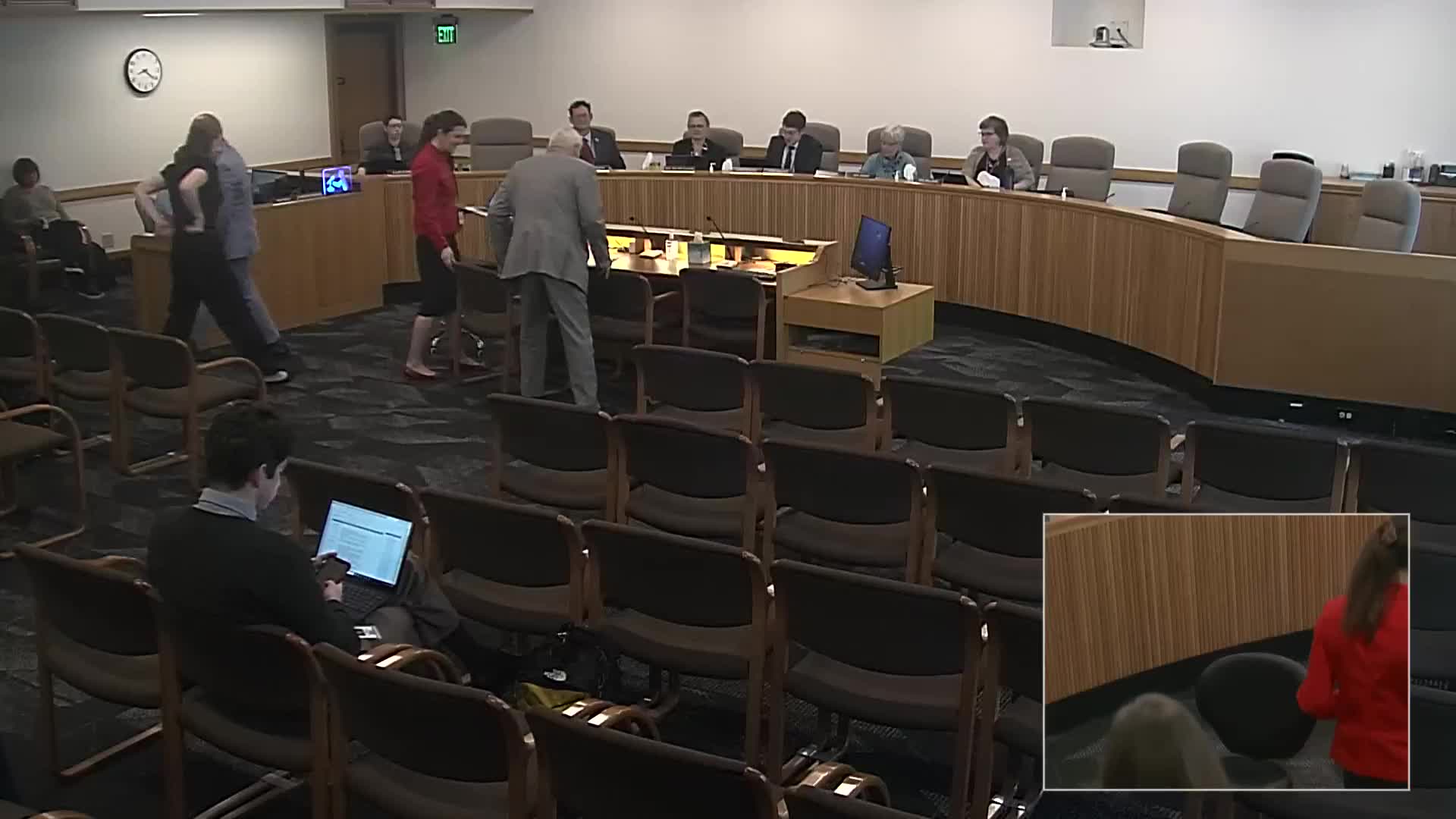Committee hears updates to stop-arm camera law in HB 2530 to ease contracts and revenue sharing
Get AI-powered insights, summaries, and transcripts
Subscribe
Summary
House Bill 2530 would allow Oregon school districts to contract with private vendors for bus stop‑arm cameras, strengthen the legal presumption that bus warning lights and signs were active when citations are issued and provide for revenue distribution to districts that install cameras, proponents told the Senate Education Committee on April 30.
Representatives and school-safety advocates told the Senate Education Committee on April 30 that House Bill 2530 makes technical changes to Oregon’s 2024 stop-arm camera law so school districts can implement programs more readily.
Representative Boomer Wright (sitting in) described HB 2530 as a set of technical fixes to House Bill 4147, the 2024 measure that authorized optional use of stop-arm cameras. Wright said the new bill “allows school districts in agreement with law enforcement to contract with private vendors for this technology,” clarifies distribution of fine revenue and strengthens the process by which citations based on camera evidence are mailed.
Supporters’ arguments: Representative Courtney Neuron (presenting) cited survey data showing widespread illegal passings of school buses and said HB 2530 clarifies contracting and revenue distribution so districts that invest in cameras can recoup costs. Alina Prine, representing PacWest on behalf of a vendor, said the bill “allows school districts in agreement with law enforcement to contract with a private vendor for the installation and maintenance,” and urged support. Dr. Sami Aladrobo, identified as a Corvallis School Board member, said revenue-sharing provisions are important for districts facing budgetary constraints.
Questions and unknowns: Committee members asked several operational questions that supporters did not fully answer at the hearing: how a driver would prove that a bus’s lights or signage were not functioning (the bill creates a rebuttable presumption that lights/signs were operational), how footage is stored and who has access, the per-bus installation and maintenance costs, details of vendor contracts, and whether violation rates fall after camera installation. Witnesses said vendors store footage on encrypted systems and that revenue-sharing with vendors and districts is handled through contracts, but they committed to providing the committee with more detailed data on costs, data retention and effect on violation rates.
No final action: The public hearing ended without a committee vote. Sponsors and witnesses offered to supply the committee additional information on storage practices, contract models, costs, and comparative data from other states.
